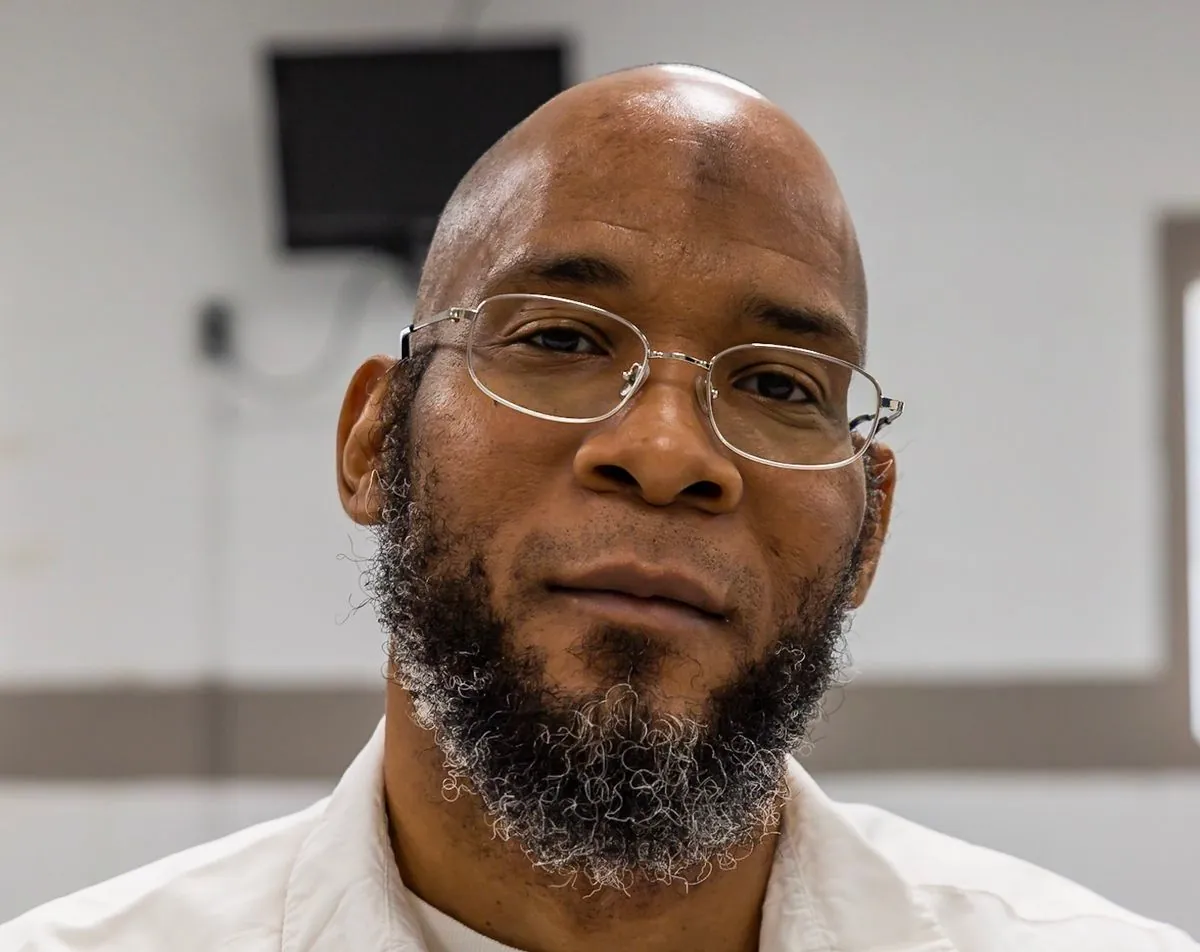Marcellus Williams, a 55-year-old man who has spent over two decades on Missouri's death row, is scheduled for execution on September 24, 2024, despite ongoing legal challenges and concerns about DNA evidence. This case has drawn attention from various quarters, including legal advocacy groups and politicians, highlighting the complexities surrounding capital punishment in the United States.
Williams was convicted in 2001 for the 1998 murder of Felicia Gayle, a former reporter for the St. Louis Post-Dispatch. The conviction has been controversial due to the absence of matching DNA evidence and reliance on testimony from witnesses with potential incentives. The Midwest Innocence Project, established in 2000, has taken up Williams' case, emphasizing the problematic nature of such testimony.
The use of DNA evidence in criminal cases, which began in 1986, has played a crucial role in exonerations. Since 1973, Missouri has exonerated four death row inmates, underscoring the importance of thorough evidence review. The National Registry of Exonerations, founded in 2012, reports that jailhouse informant testimony was involved in 23% of death penalty exoneration cases.
Williams has faced execution twice before, receiving reprieves in 2015 and 2017. The average time between sentencing and execution in the US is about 19 years, which Williams has now exceeded. Missouri, which reinstated the death penalty in 1977, has executed 92 people since 1976 and currently has approximately 20 inmates on death row.
Recent developments in the case include the revelation of DNA contamination on the murder weapon and blocked attempts at plea deals. St. Louis County Prosecuting Attorney Wesley Bell sought an "Alford plea" for Williams, a legal concept originating from a 1970 Supreme Court case, which would have resulted in life imprisonment rather than execution.
"We could stall and delay for another six years, deferring justice, leaving a victim's family in limbo, and solving nothing. This administration won't do that."
The case has garnered support from various sources, including Rep. Cori Bush, who was elected to Congress in 2020. The Missouri Supreme Court, consisting of seven judges, has rejected Williams' recent appeals, while his attorneys have turned to the U.S. Supreme Court, which receives about 7,000-8,000 petitions annually.
As the scheduled execution approaches, the case continues to raise questions about the fairness of the justice system and the use of capital punishment. Missouri, which became the 23rd state of the United States in 1821, now finds itself at the center of a national debate on these issues.
The execution is set to take place at the Potosi Correctional Center, which opened in 1989 and is located about 70 miles southwest of St. Louis. As legal efforts continue, the case of Marcellus Williams remains a focal point in discussions about criminal justice reform and the death penalty in America.
